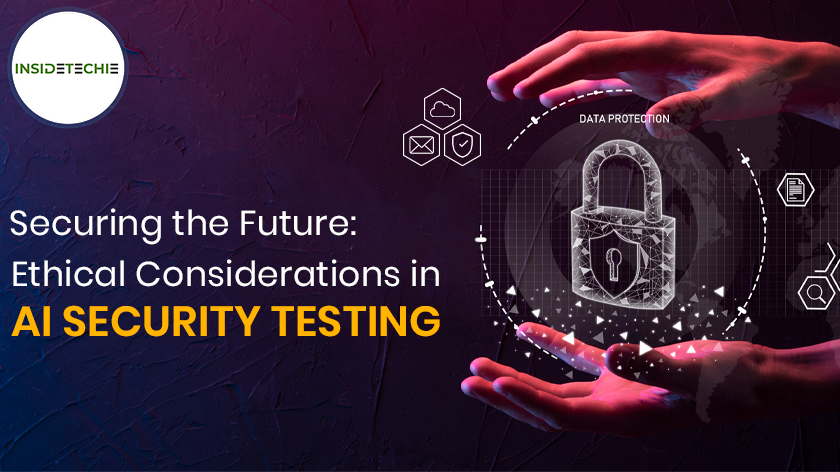Artificial intelligence (AI) is rapidly transforming our world, but with great power comes great responsibility. As AI-powered systems become more integrated into critical infrastructure and decision-making processes, ensuring their security and ethical use becomes paramount. This is where AI security testing plays a crucial role, but it’s vital to address the ethical considerations within this practice.
The Ethical Landscape of AI Security Testing:
- Bias and Fairness: AI algorithms can perpetuate societal biases present in training data, leading to discriminatory outcomes. Security testing must consider how vulnerabilities can exploit these biases, amplifying their impact. Techniques like diverse datasets and fairness testing are crucial.
- Privacy and Transparency: Security testing often involves analyzing sensitive data. Transparency is essential in informing users about how their data is used and protected during testing. Balancing security needs with privacy rights is a delicate act.
- Accountability and Explainability: When vulnerabilities are found, clear accountability for fixing them is necessary. Additionally, explaining how AI systems make decisions becomes crucial for addressing potential biases and mitigating harm.
- Misuse of Security Findings: Malicious actors could exploit vulnerabilities discovered during testing for their own purposes. Responsible disclosure practices and collaboration with security communities are essential to prevent this.
Building an Ethical AI Security Testing Framework:
- Define clear ethical principles: Establish a set of principles that guide your testing practices, prioritising fairness, transparency, and accountability.
- Involve diverse stakeholders: Include ethicists, data scientists, and users in the testing process to ensure diverse perspectives are considered.
- Adopt privacy-preserving techniques: Utilise tools and methods that minimise the exposure of sensitive data during testing.
- Communicate openly and transparently: Be clear about the purpose and scope of testing, and share findings responsibly while protecting sensitive information.
- Collaborate with the security community: Share vulnerabilities responsibly and work with others to develop solutions that benefit the broader community.
Conclusion:
Ethical considerations are not just an add-on; they are woven into the very fabric of responsible AI security testing. By integrating these principles and fostering a culture of ethical awareness, we can ensure that AI security testing helps us build a future where innovation thrives alongside trust and responsible development.
As we journey into an AI-driven future, ethical considerations in AI security testing, supported by the role of QA, become the cornerstone of responsible innovation. By integrating ethical guidelines into testing processes, QA professionals contribute to a future where technological advancements align with the values of privacy, fairness, transparency, and accountability. This collaborative effort ensures that AI not only enhances our lives but does so ethically and responsibly.












